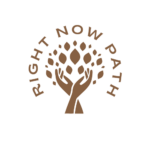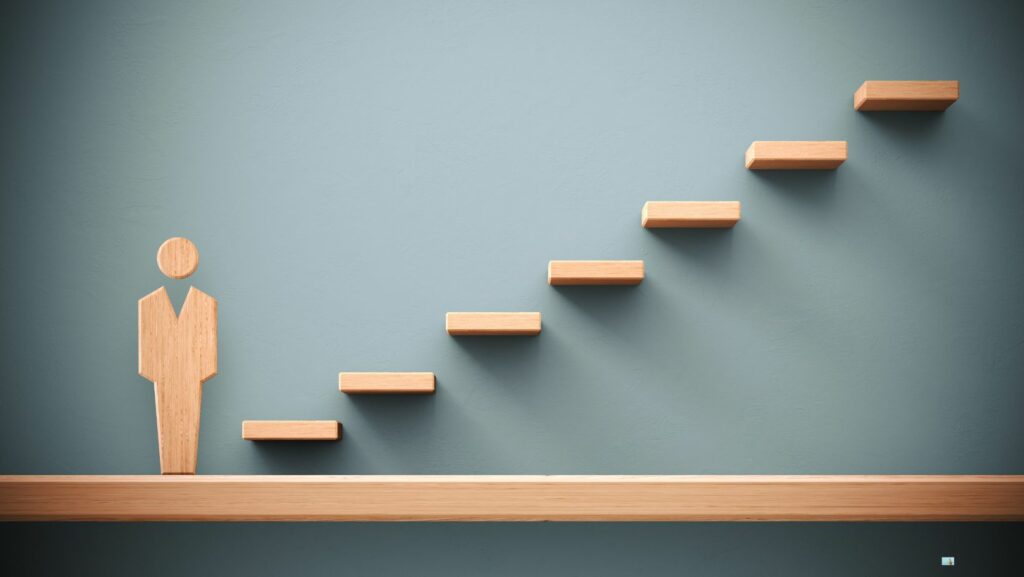Embarking on a journey of personal development is like setting sail on a vast ocean of opportunities. It’s about exploring the depths of one’s potential and surfacing as a more enlightened, capable individual. Whether it’s enhancing productivity, learning new skills, or improving emotional intelligence via expert tips, personal development encompasses a broad spectrum of activities and mindsets aimed at fostering growth and efficiency.
Personal Development Ideas
 Following the realization that personal development encompasses continuous self-improvement, it’s crucial to explore various ideas that can aid in this journey. Engaging in effective personal development practices bolsters one’s ability to achieve personal and professional goals.
Following the realization that personal development encompasses continuous self-improvement, it’s crucial to explore various ideas that can aid in this journey. Engaging in effective personal development practices bolsters one’s ability to achieve personal and professional goals.
Personal development involves intentional activities and mindset shifts designed to enhance an individual’s capabilities and quality of life. It integrates the acquisition of skills, expanding emotional intelligence, and the strategic setting of attainable goals. Personal development is a broad field that can include learning new languages, enhancing communication skills, or even developing financial acumen. These activities empower individuals to improve their interactions, career prospects, and overall well-being.
Why Personal Development Matters
Personal development is essential because it impacts nearly every aspect of one’s life. It enhances an individual’s effectiveness in the workforce, increases resilience, and improves interpersonal skills. Engaging in personal development can lead to better stress management and more robust mental health. Moreover, it serves as a cornerstone for lasting success and fulfillment, allowing individuals to adapt and thrive in an ever-changing world. Investing in personal development not only propels someone towards their personal aspirations but also equips them to contribute positively to their community and society at large.
Key Personal Development Areas
Exploring key personal development areas helps individuals enhance their capabilities and improve their quality of life. These areas include emotional intelligence, time management, and physical health, each playing a crucial role in personal growth.
Emotional Intelligence
 Emotional intelligence is fundamental for managing personal and professional relationships judiciously and empathetically. It involves four core skills: self-awareness, self-management, social awareness, and relationship management. Mastering these skills allows individuals to harness their emotions positively, influencing everything from leadership abilities to mental well-being. For instance, a high level of emotional intelligence can lead to better team dynamics and enhanced conflict resolution skills.
Emotional intelligence is fundamental for managing personal and professional relationships judiciously and empathetically. It involves four core skills: self-awareness, self-management, social awareness, and relationship management. Mastering these skills allows individuals to harness their emotions positively, influencing everything from leadership abilities to mental well-being. For instance, a high level of emotional intelligence can lead to better team dynamics and enhanced conflict resolution skills.
Time Management
Effective time management is essential for achieving goals and maintaining a balanced life. It entails prioritizing tasks, setting achievable goals, and minimizing distractions. Adopting time management techniques, such as the Eisenhower Box or Pomodoro Technique, helps individuals allocate time efficiently, boosting productivity and reducing stress. Businesses often see improved outcomes when employees manage their time effectively, leading to projects completed on schedule and within budget.
Physical Health
Physical health is intrinsically linked to overall personal development. Regular physical activity, a balanced diet, and sufficient sleep are foundational elements that support cognitive function and emotional stability. Engaging in activities like yoga, swimming, or running not only improves physical fitness but also enhances mental resilience.
Daily Practices for Personal Growth
Daily personal growth practices enhance emotional intelligence, productivity, and physical health. They complement the previously discussed benefits of effective time management and emotional intelligence skills.
Mindfulness and Meditation
 Practicing mindfulness and meditation daily boosts cognitive function and emotional stability. Engaging in mindfulness exercises, such personal reflection, breath control, and being present in the moment, assists individuals in maintaining focus and managing stress. Meditation, including techniques like guided imagery and mindfulness-based stress reduction, leads to significant improvements in attention, executive function, and overall mental health. Both practices require consistency and can be done in short periods throughout the day, ensuring they fit seamlessly into busy schedules. Together, mindfulness and meditation not only support personal development but also enhance one’s ability to navigate complex emotional landscapes, improving relationship management and leadership skills.
Practicing mindfulness and meditation daily boosts cognitive function and emotional stability. Engaging in mindfulness exercises, such personal reflection, breath control, and being present in the moment, assists individuals in maintaining focus and managing stress. Meditation, including techniques like guided imagery and mindfulness-based stress reduction, leads to significant improvements in attention, executive function, and overall mental health. Both practices require consistency and can be done in short periods throughout the day, ensuring they fit seamlessly into busy schedules. Together, mindfulness and meditation not only support personal development but also enhance one’s ability to navigate complex emotional landscapes, improving relationship management and leadership skills.
Setting Goals for Personal Development
Embarking on a journey of personal development is a transformative process that requires commitment, practice, and a clear set of goals. By focusing on emotional intelligence, time management, and physical health, individuals can create a holistic approach to improving their lives. The techniques and practices discussed offer practical steps for anyone looking to enhance their leadership qualities, boost productivity, and achieve mental and emotional stability. As they integrate these strategies into their daily routines, they’ll likely see significant changes not only in their personal lives but also in their professional environments.

